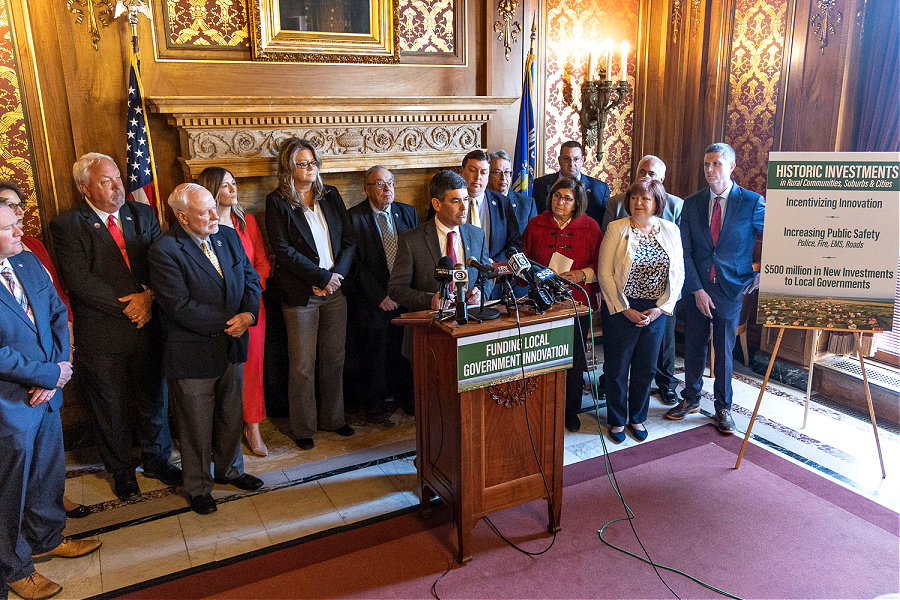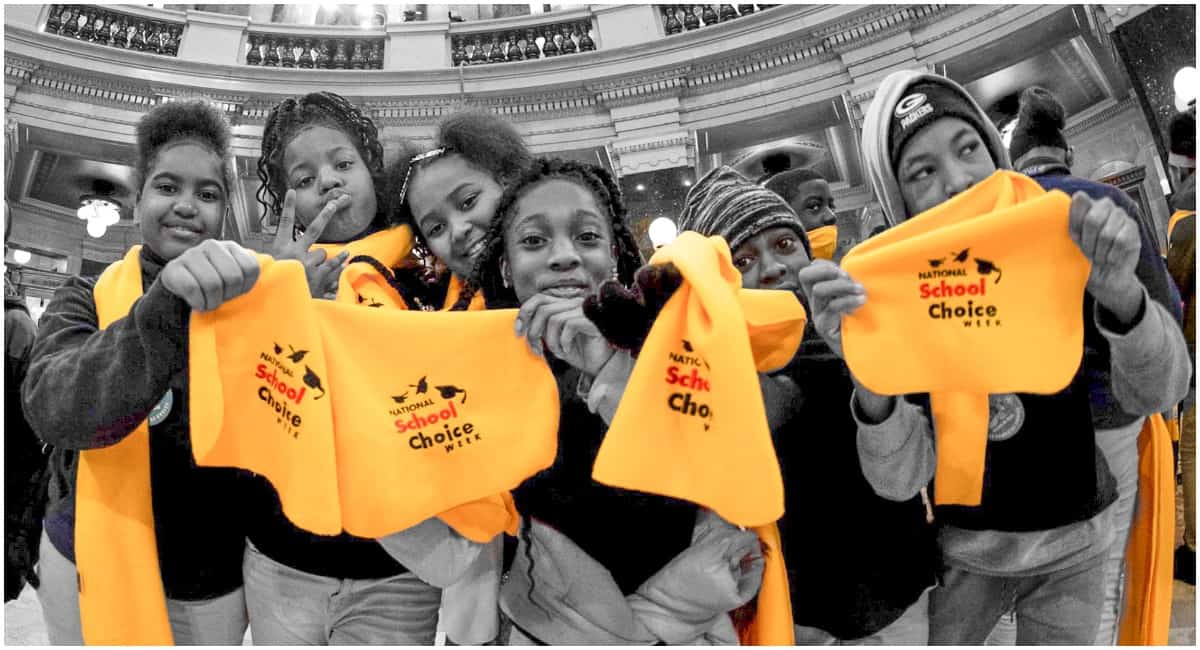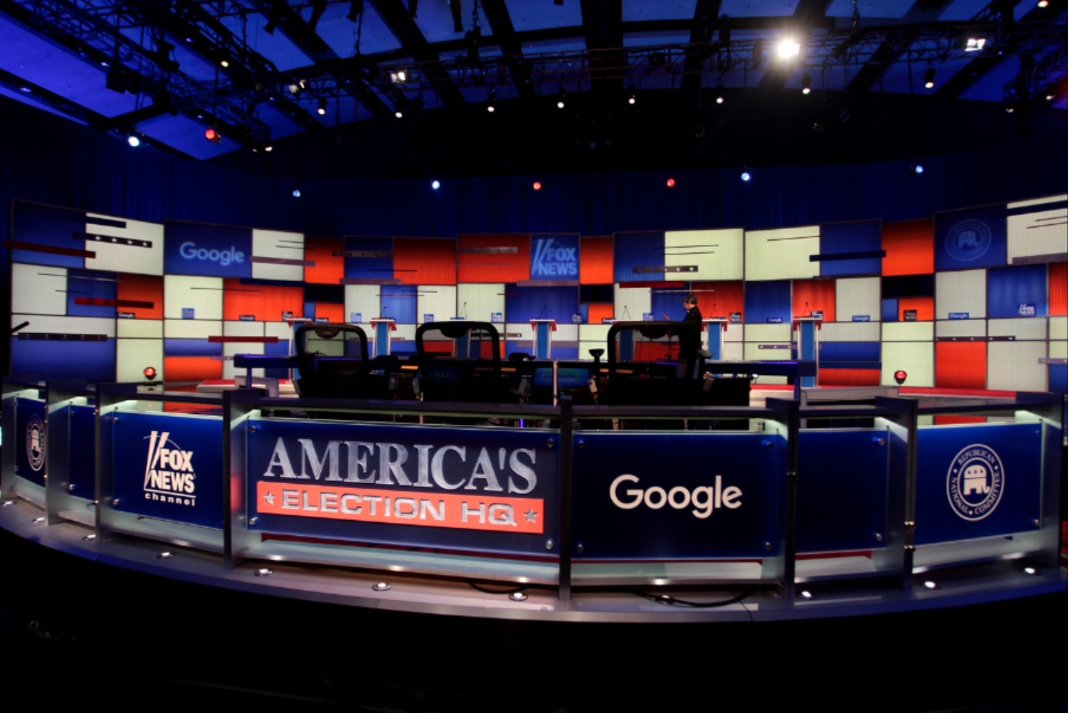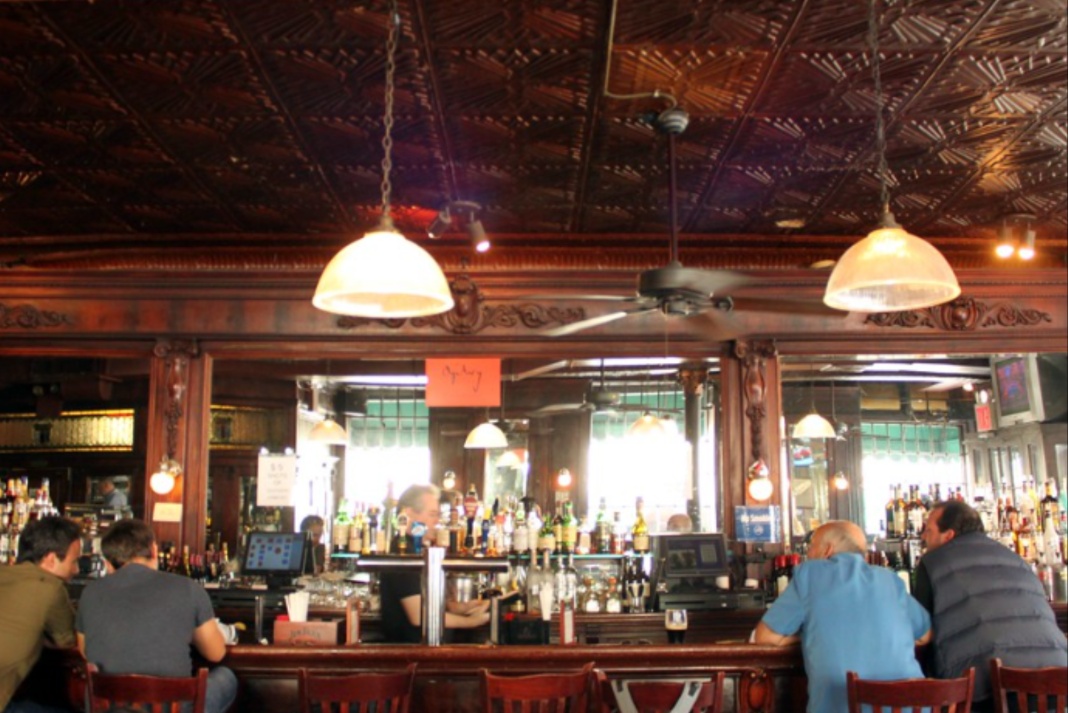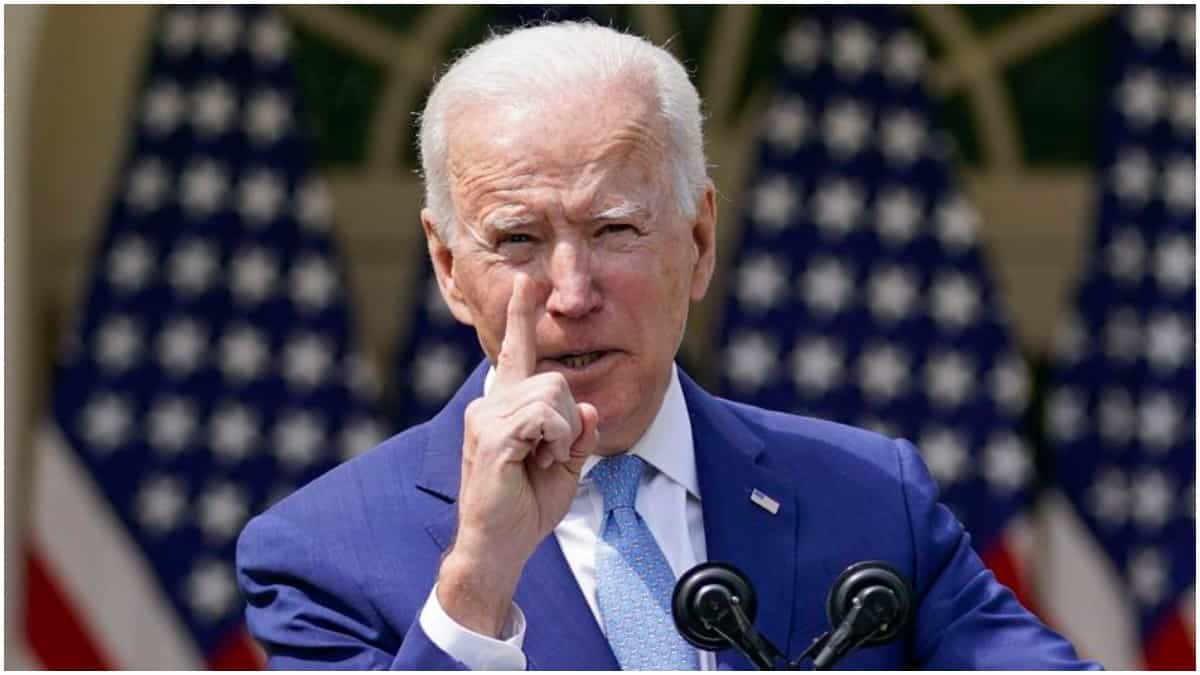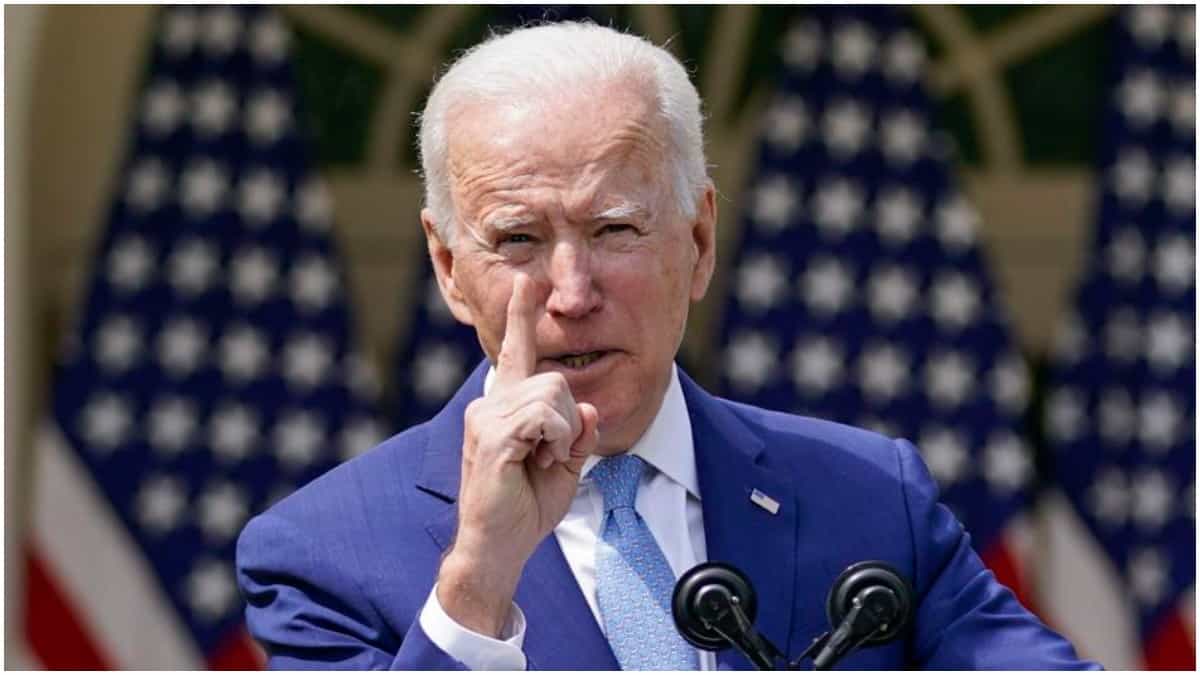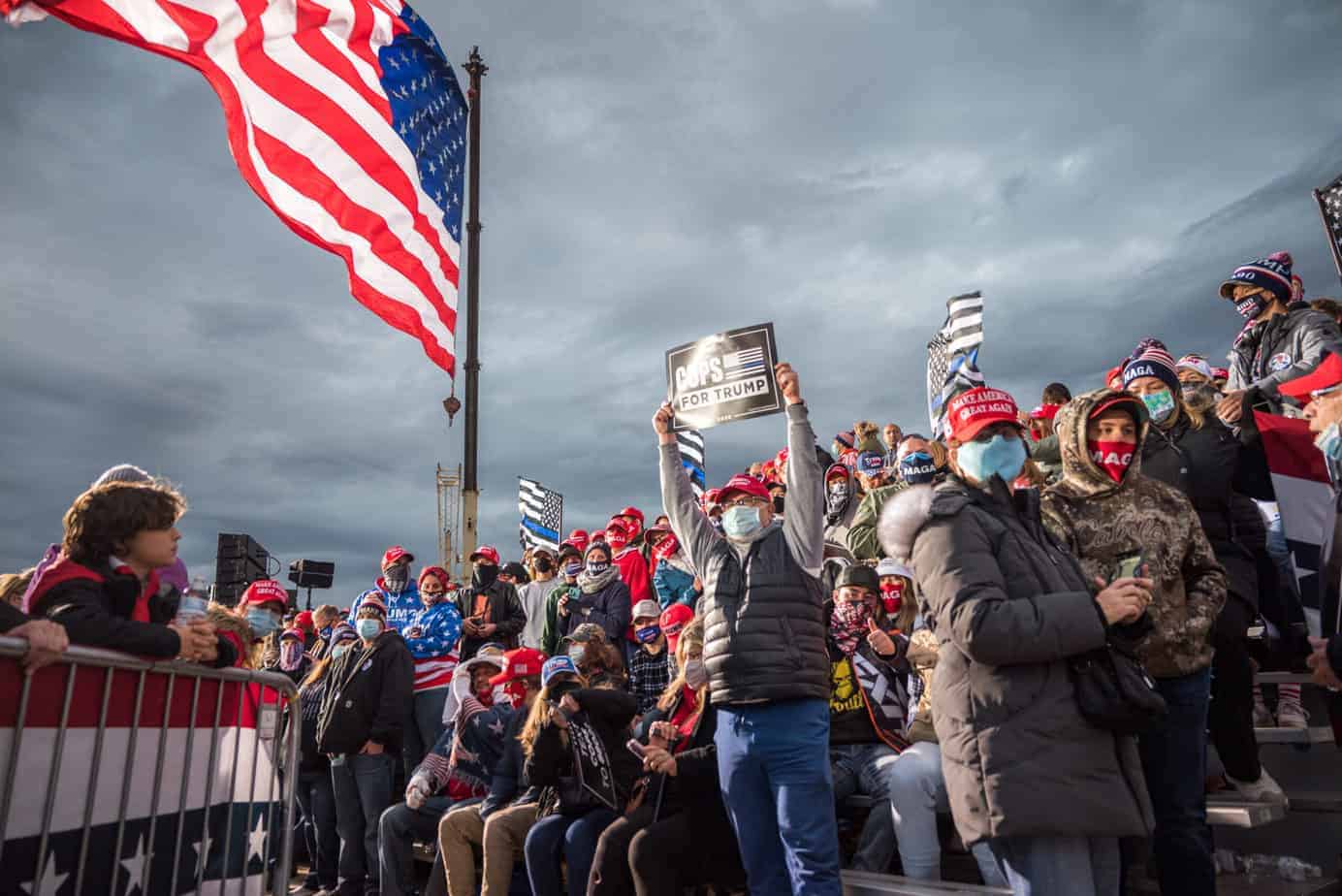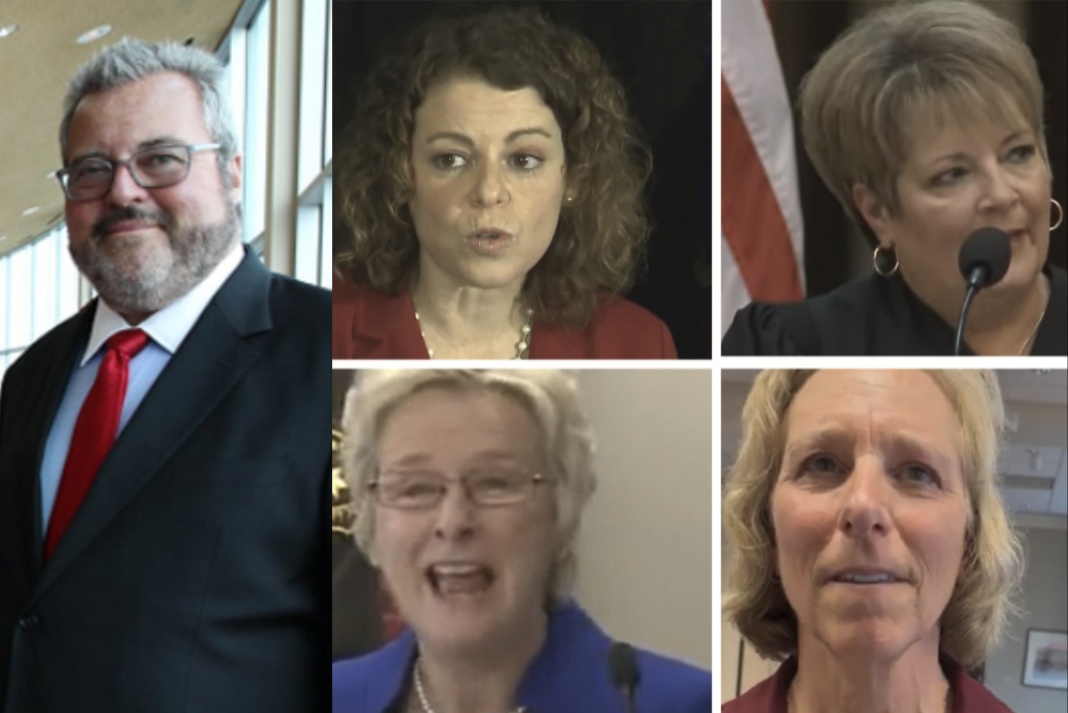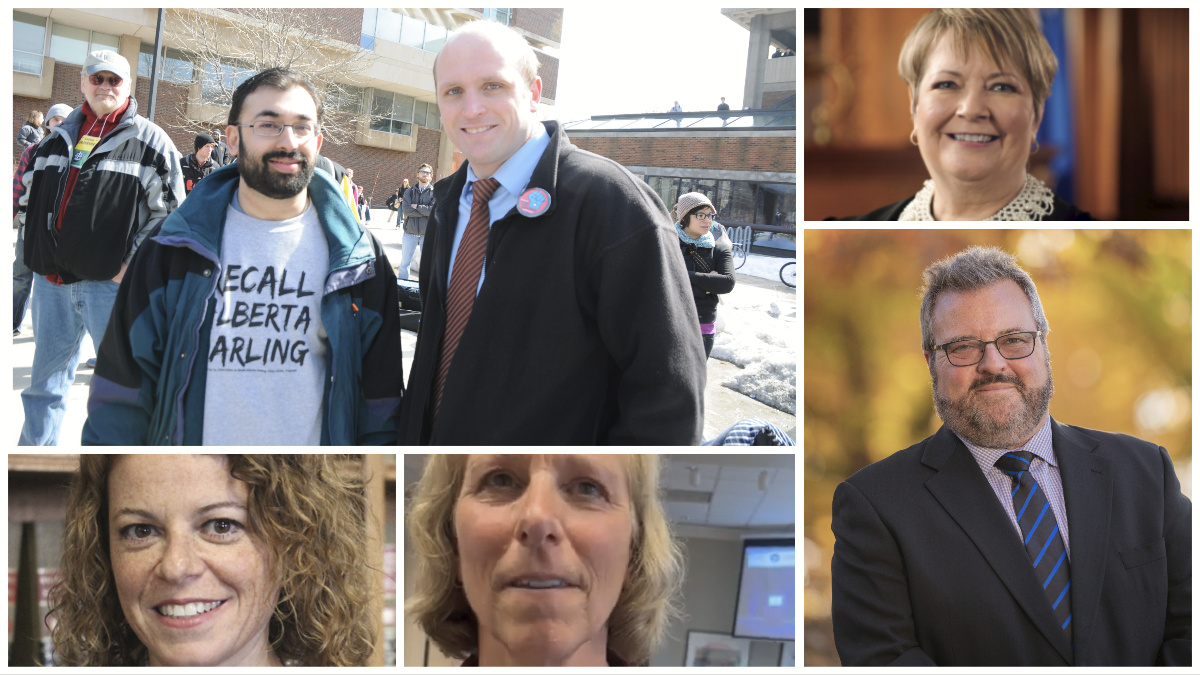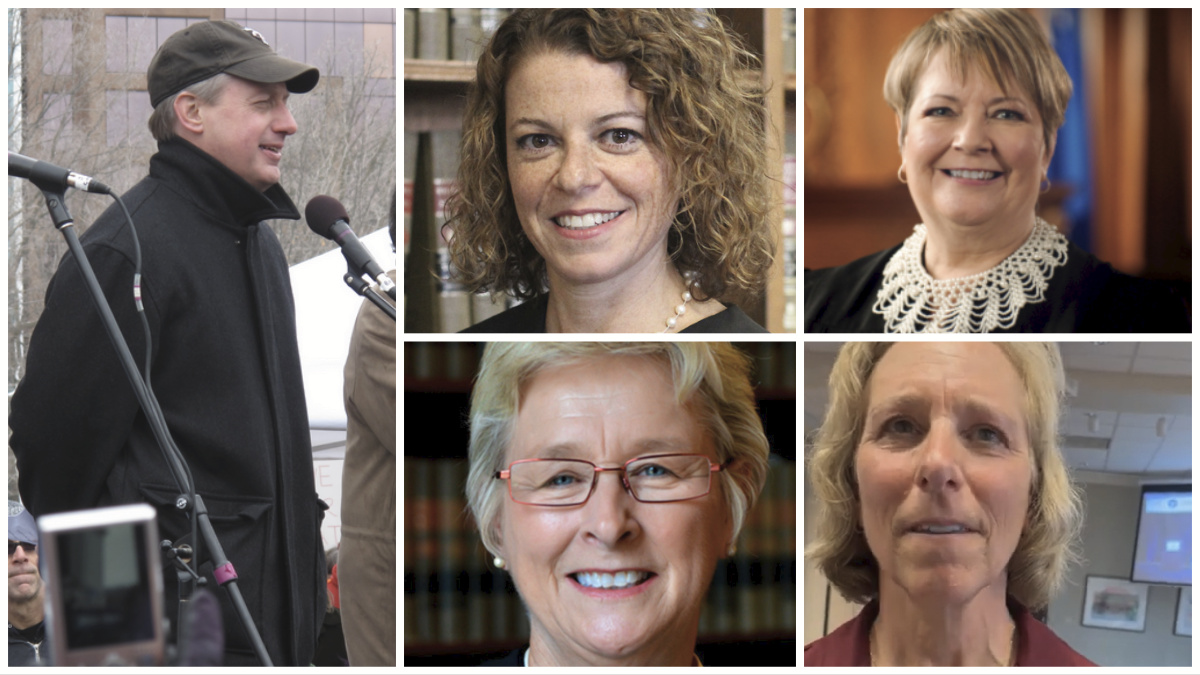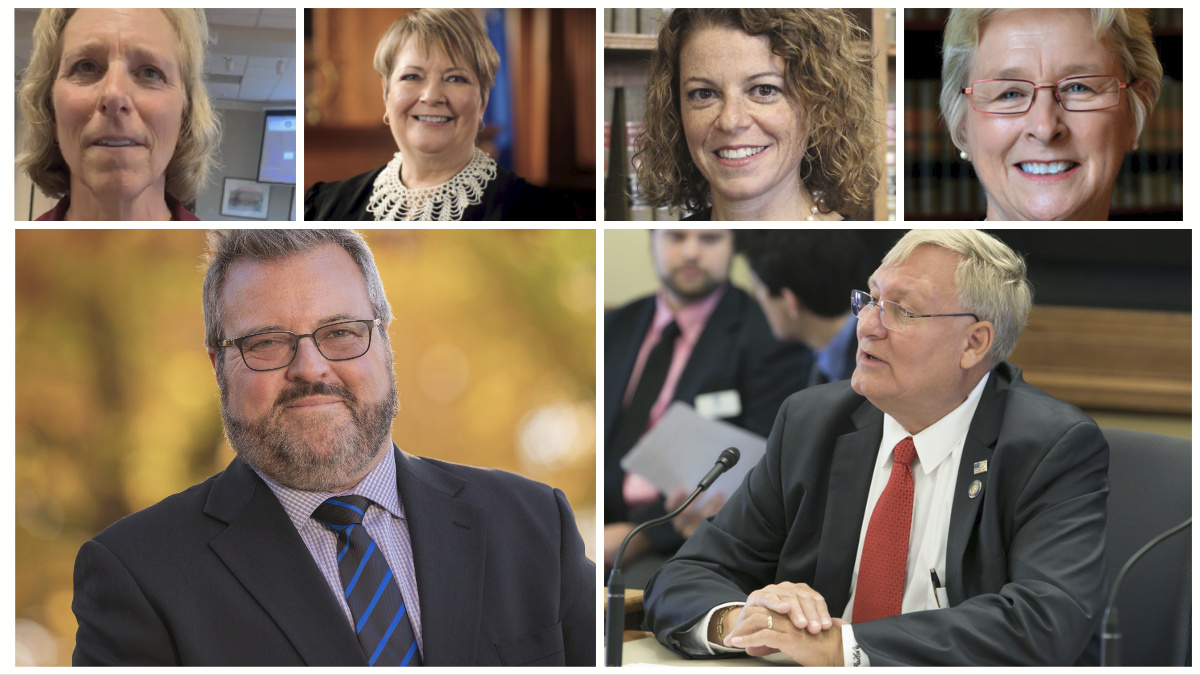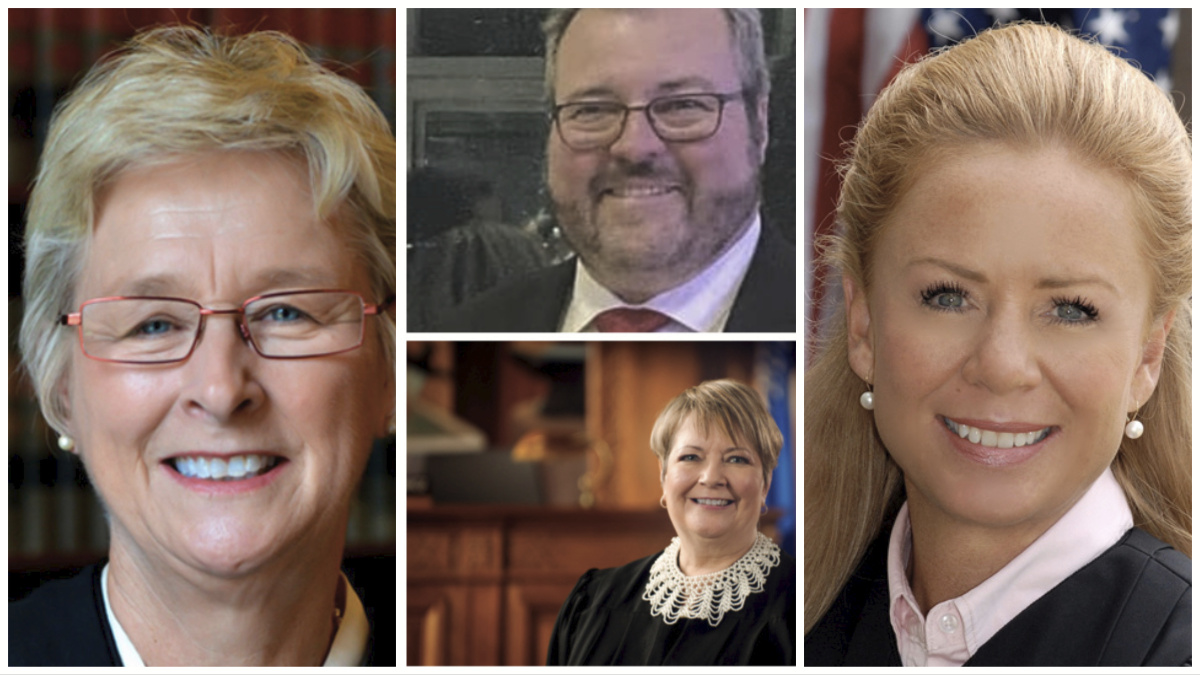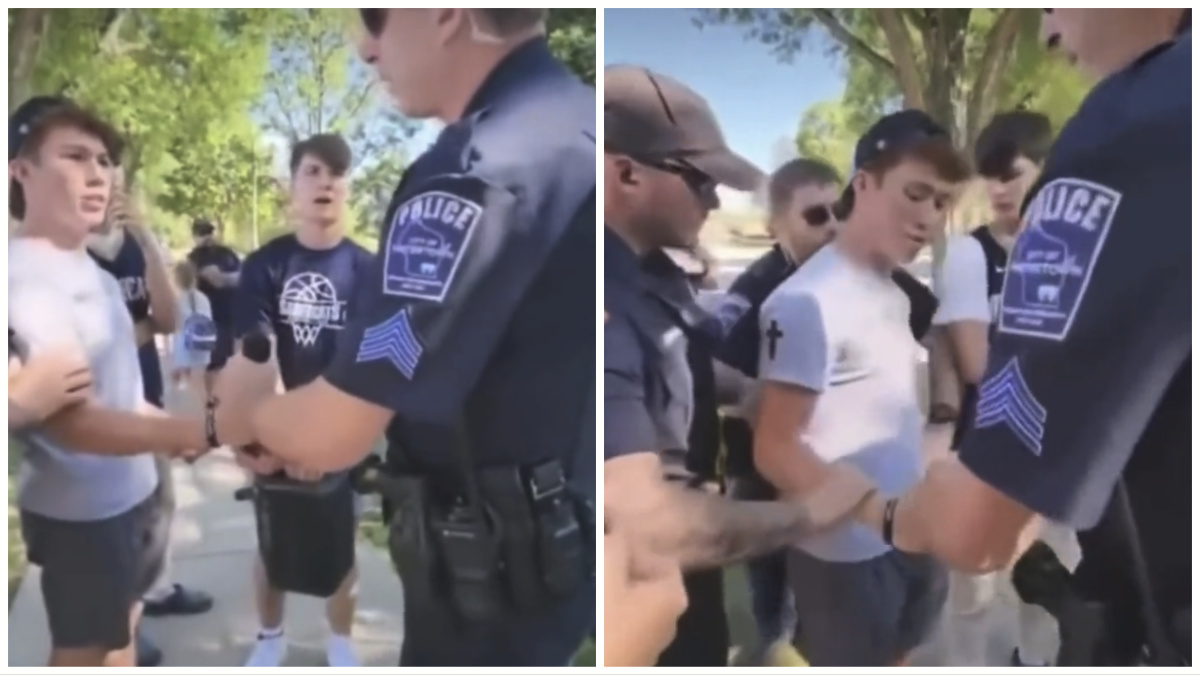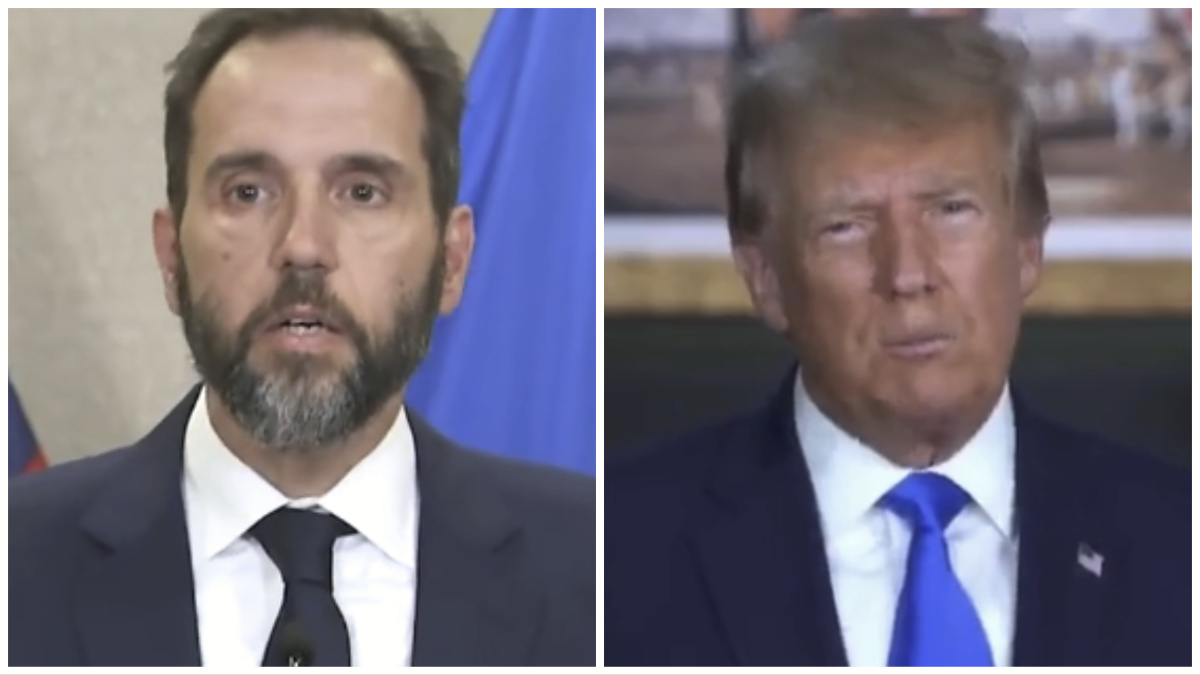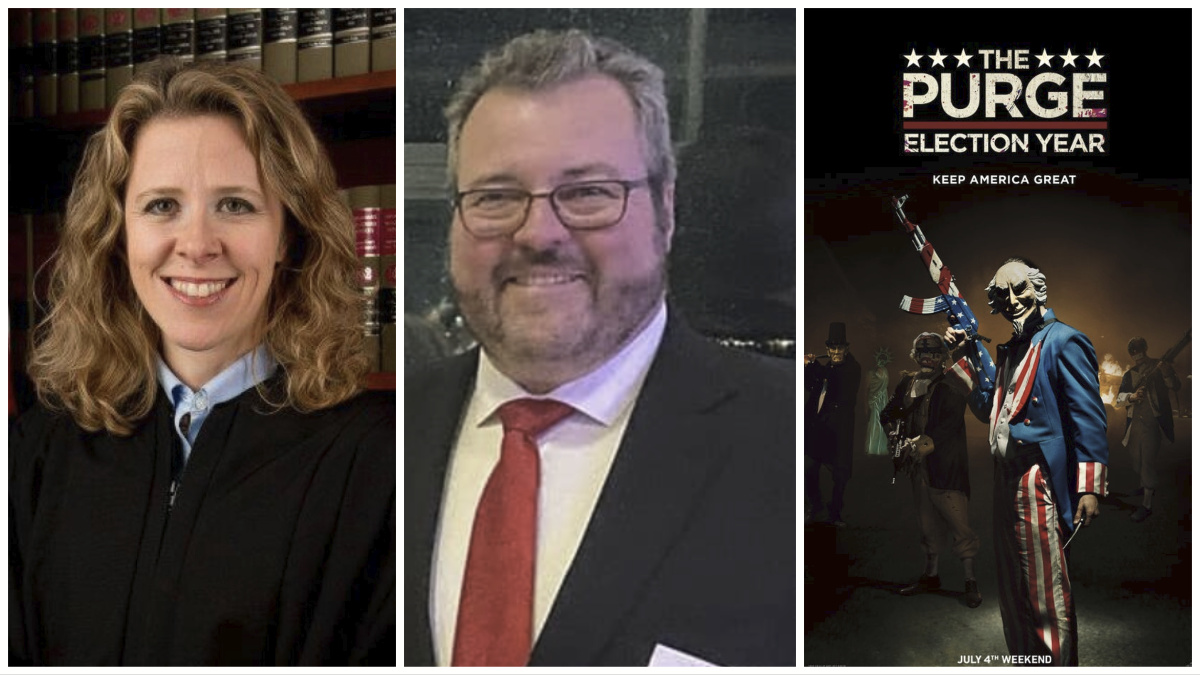Assembly Republicans are touting new legislation that would boost shared revenue to local governments in Wisconsin, with every community in the state of Wisconsin expected to see “a minimum of a 10% increase” if the plan becomes law.
The City of Milwaukee and Milwaukee County could create new sales taxes as part of the plan.
Rep. Tony Kurtz, a Republican, said in an April 27, 2023, news conference, that “as Assembly Republicans, we’ve been very focused on public safety.” In the press conference, Assembly Republicans announced details of the new shared revenue plan.
It was good to see the year-long work I've been doing with local, county, & state officials finally brought forth as a solid plan in this morning's roll out of the Assembly GOP plan on shared revenue. I was glad Jefferson Cty Admin Ben Wehmeier could join us for the press conf. pic.twitter.com/bFyHikohGh
— Rep. Barbara Dittrich (@RepDittrich) April 27, 2023
Gov. Tony Evers would need to sign the legislation for it to become law. The state Senate would also have to approve the Legislation.
Wisconsin Senate Majority Leader Devin LeMahieu said in a statement: “Over the last few months there have been substantive, good-faith negotiations between both houses of the legislature and local government stakeholders from across the state. The Assembly announcement today is the product of those negotiations; however the final details are still being worked out. The Senate is looking forward to continuing to find a responsible way to make a generational investment in local governments throughout the state.” Born said Assembly Republicans have been working with the state Senate “for months.”
According to Kurtz, $227 million “has to go to law enforcement, fire protection, emergency medical services, emergency response communications, public works, and transportation.” EMS providers would see a “drastic” increase in funding, he said. Assembly Republicans would double the re-investments for law enforcement officers’ training, he said, noting that the plan is “bipartisan.”
Kurtz said a sales tax diversion into a segregated account would be used to fund the amounts of shared revenue that local communities currently receive. He said many communities that were disadvantaged by a previous formula that was frozen for years will see a “bigger bump. The goal is to try to equalize those levels out.”
According to Kurtz, the new legislation would also add additional money to counties, towns, villages and locals. He said $50 million would be set aside for counties and $176 million would go to towns, villages and cities. The formula would be changed so that local governments will start benefiting from growth of the state sales tax, he said.
According to Wispolitics.com, the county of Milwaukee would add 0.375 percent to its sales tax, and the city of Milwaukee would get a new 2 percent sales tax, but they would need approval of voters in a referendum. At the news conference, Assembly Republicans declined to comment specifically on Milwaukee particulars, saying those details would come later. The City of Milwaukee has recently floated doomsday proposals that included
State Rep. Mark Born said in the press conference that the “legislation will bring historic investments and reforms to the shared revenue system in Wisconsin” that sends money to local governments to invest in important services expected by residents.
He said there will be “over a half billion dollars of new money” and that Republicans want to transfer 20 percent or 1 cent of the sales tax into an account that will focus on funding current and new funds for local governments.
“it’s historic,” Born said. It’s the most we’ve seen in a generation or more. Probably the most since the system was created.”
“So if the state does well, locals will do well,” Kurtz said. The locals have “not shared in the growth that the state has had” since 2004, he said.
Born said local officials told the legislators “what their needs were” and “our Republican leadership here in the legislature, in both the Assembly and Senate, recognizing that this was something we wanted to tackle.”
At the news conference, local officials discussed the impact of declining shared revenue for core services like roads and EMS. A Watertown official described how that community once considering shutting off every other street light in the city of Watertown to save money because of shared revenue decreases.
A Bristol official, Jerry Derr, who is president of the Wisconsin Towns Association, said the shared revenue process has been “broken.” He said Bristol’s EMS services have grown dramatically over the years and exceeds spending on roads.
Kurtz, a Republican, said the plan came from a “long journey.” He said he and another legislature had talked to vos about the needs of rural communities in Wisconsin that had remained “stagnant.”
In late summer, Kurtz said, he was working with the County of Richland, which was going through financial stress due to inflationary pressures. He called it a “tremendous undertaking.”


